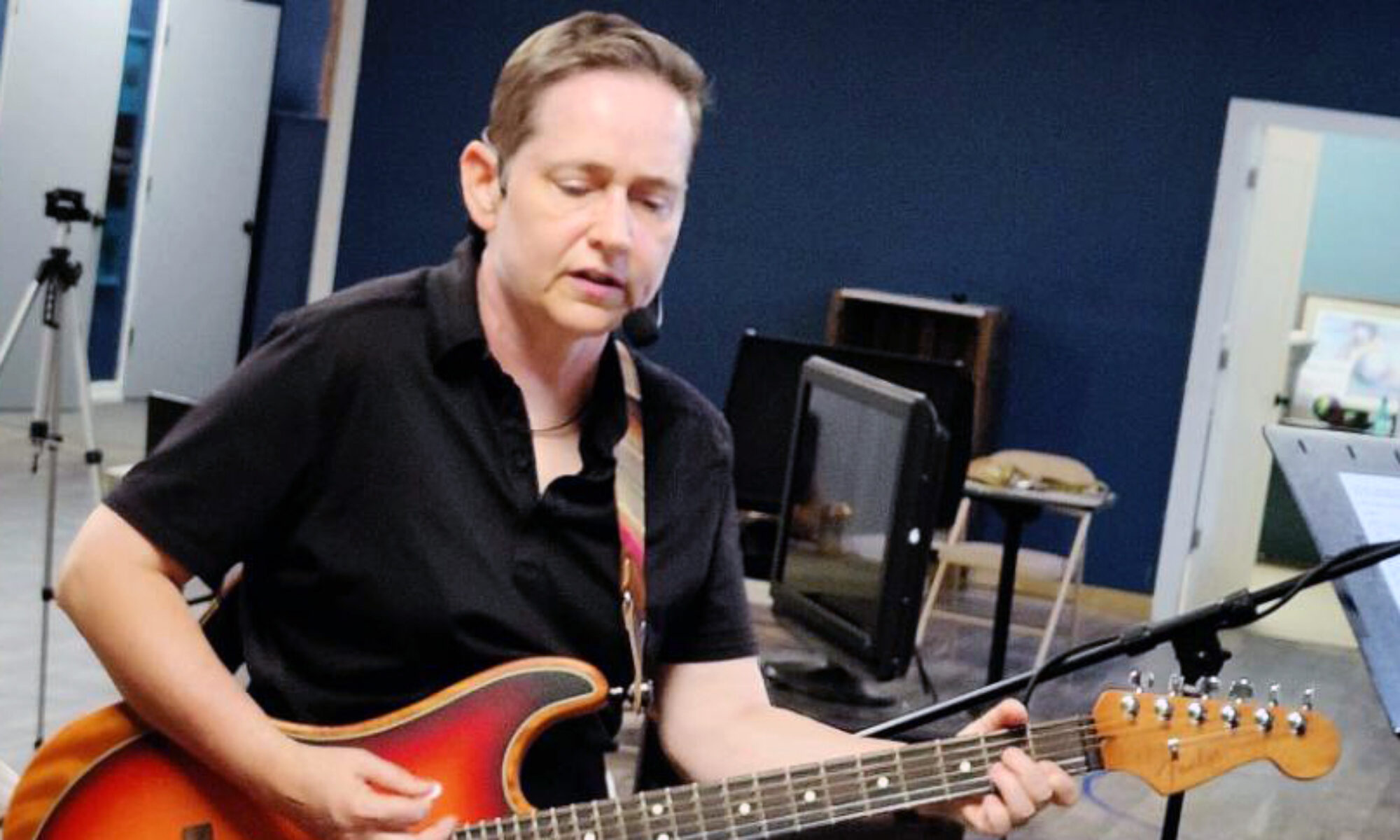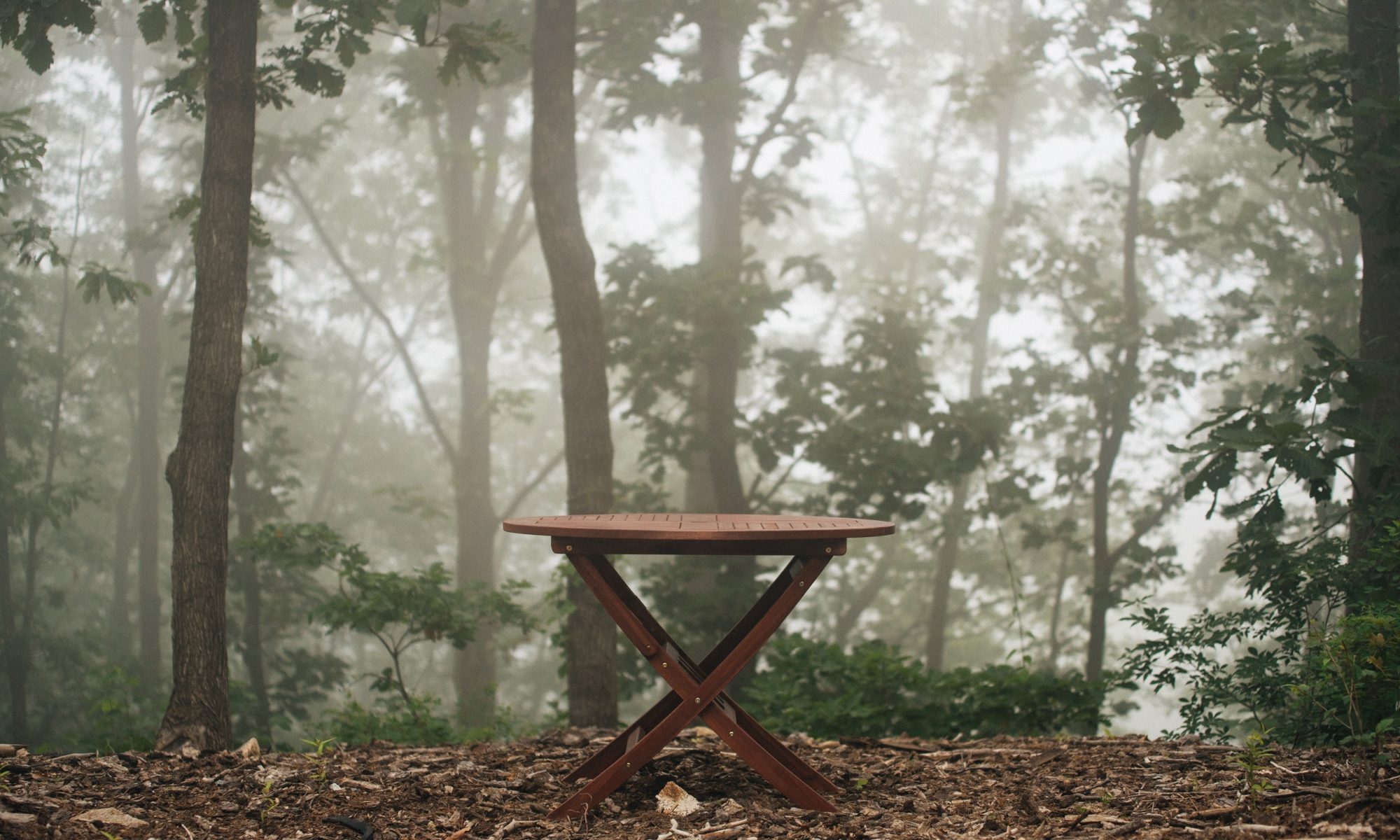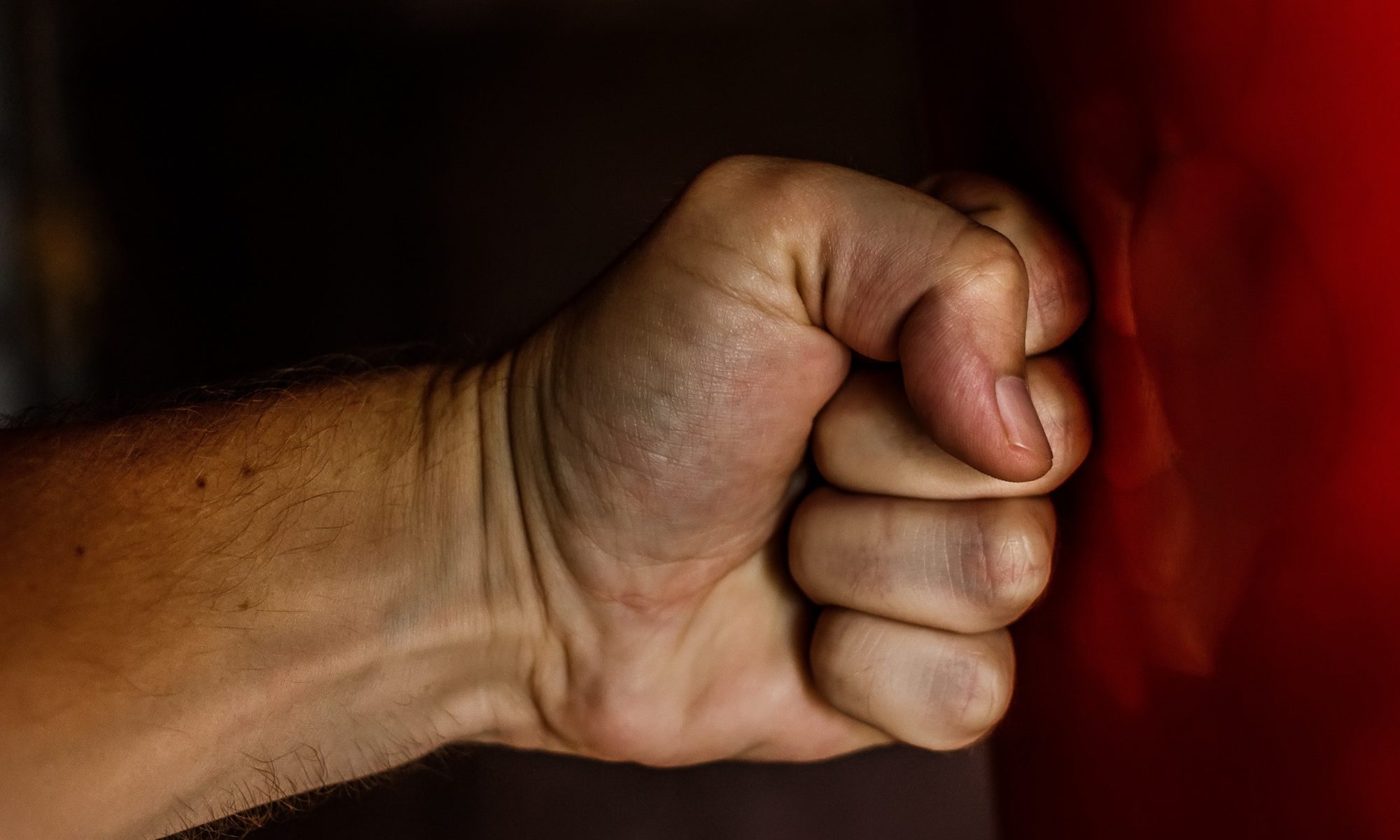Lesson 31: I am not the victim of the world I see.
Pick up any newspaper, visit any news site, heck, spend five minutes on Facebook, and you’ll find a lot of victims in this world. Everyone feels victimized by something whether it’s the government, their family, their friends, their enemies, their leaders. Some even feel victimized by technology and impersonal algorithms.
The ego loves for us to think we’re victims of somebody or something. If we feel that way, we’ll project our pain and blame out into the world, which creates more feelings of victimization and often makes us feel downright smug, seeing others who are far more victimized than we believe we are. Or the opposite – we feel that our suffering is worse than others.
It’s easy to find evidence out in the world that we’re all victims of something, which is why today’s lesson begins with the outside world, advising us to look around us and repeat, “I am not the victim of the world I see.”
We are then invited to “apply the same idea to your inner world. You will escape from both together, for the inner is the cause of the outer.”
Continue reading “AYoMW: Jan. 31, 2020 — Drop the knife”









